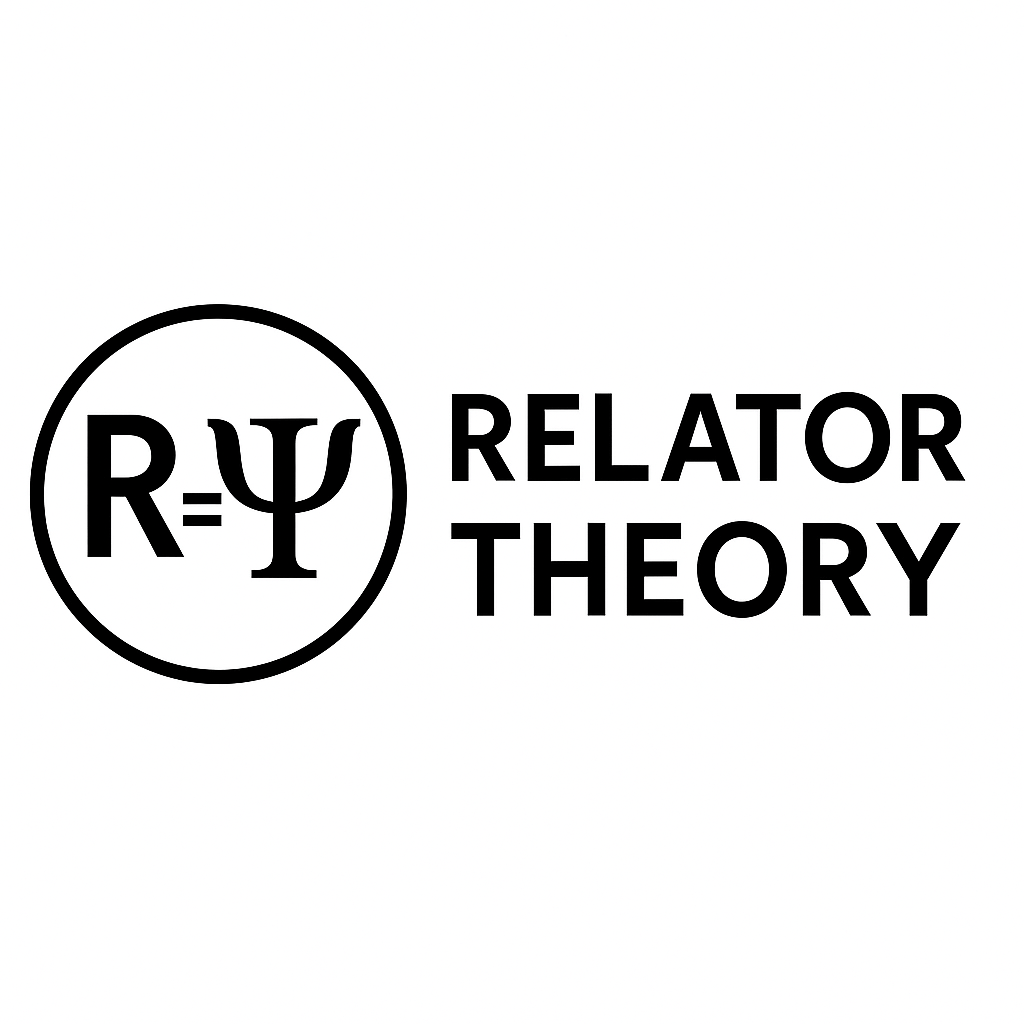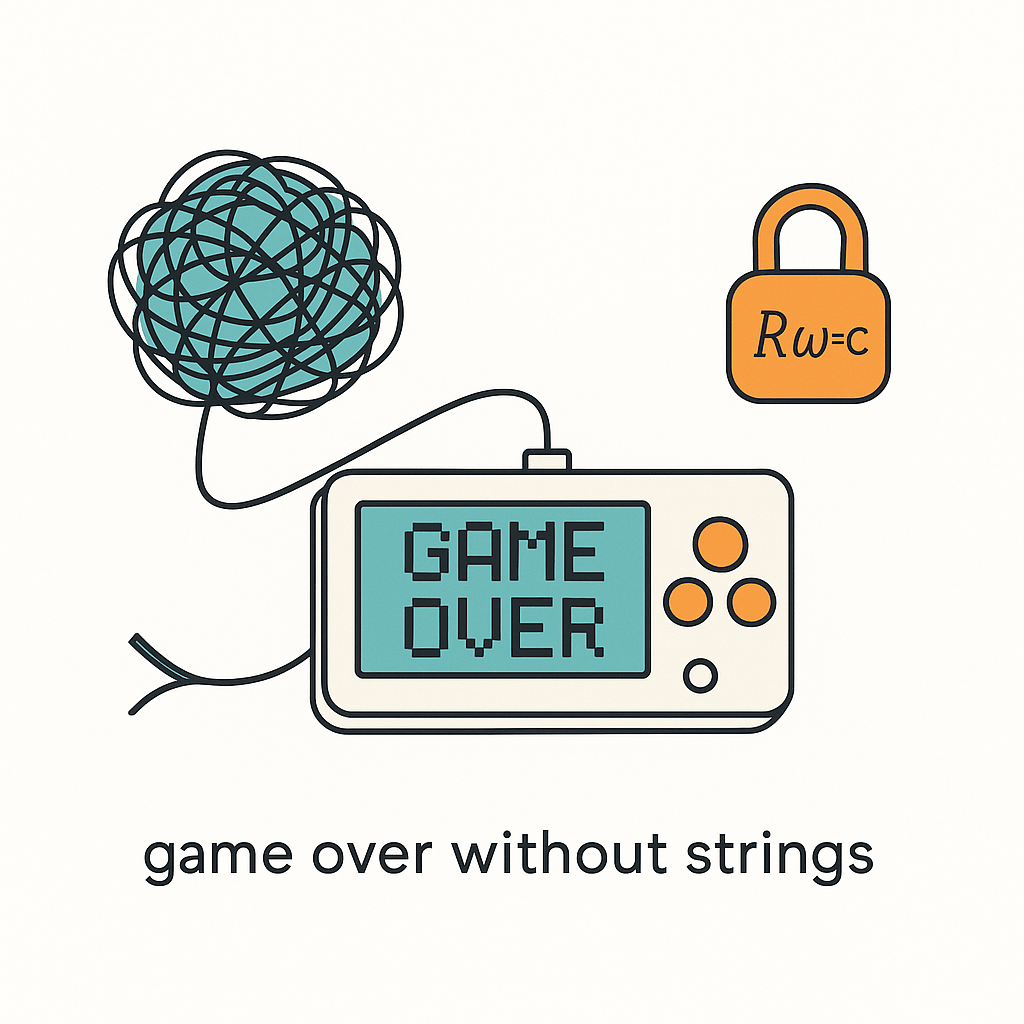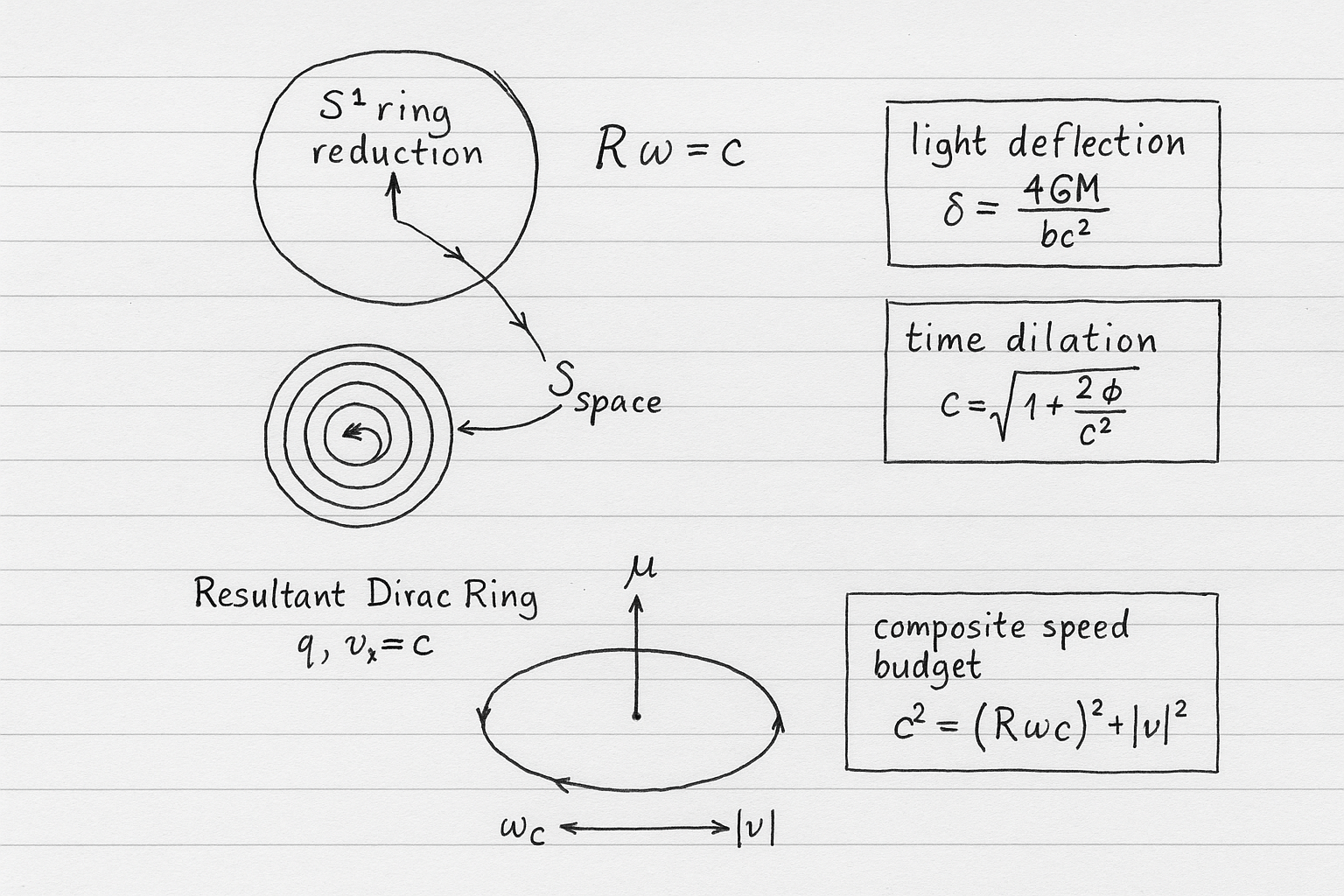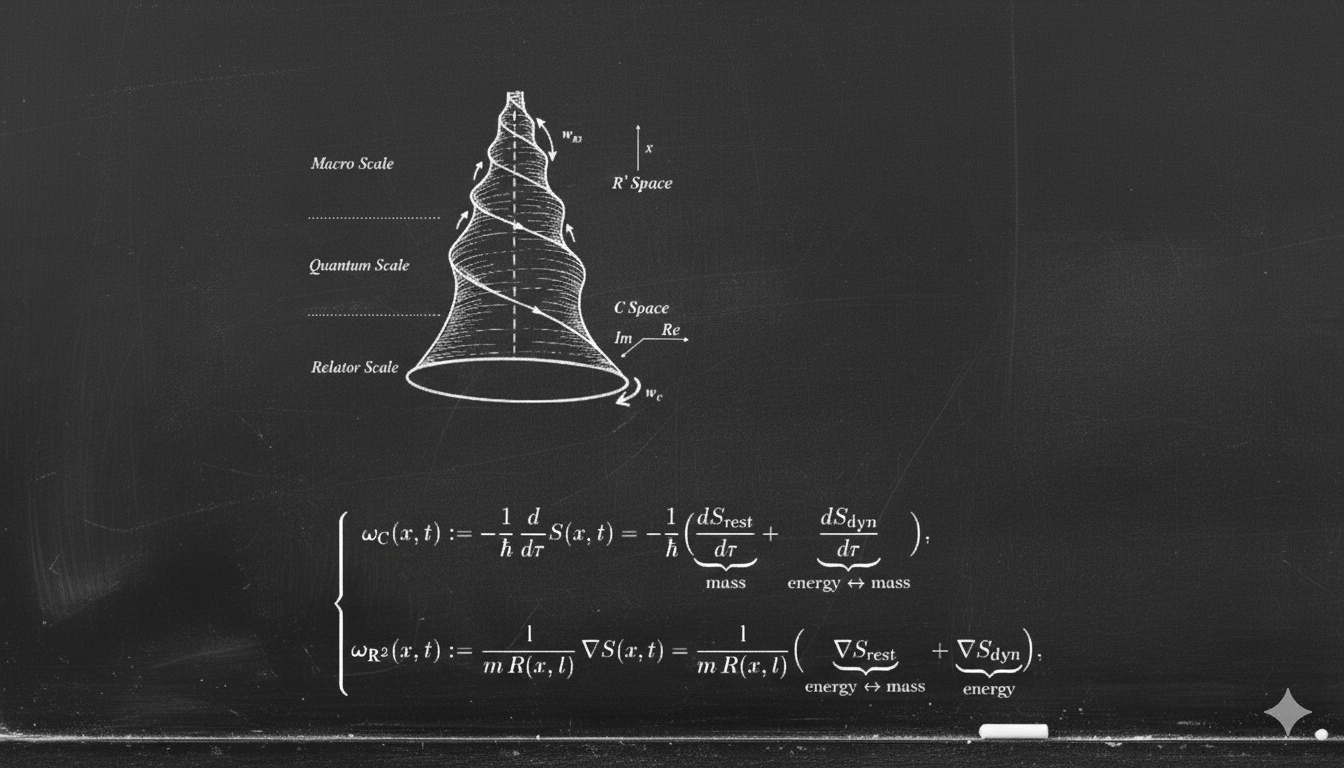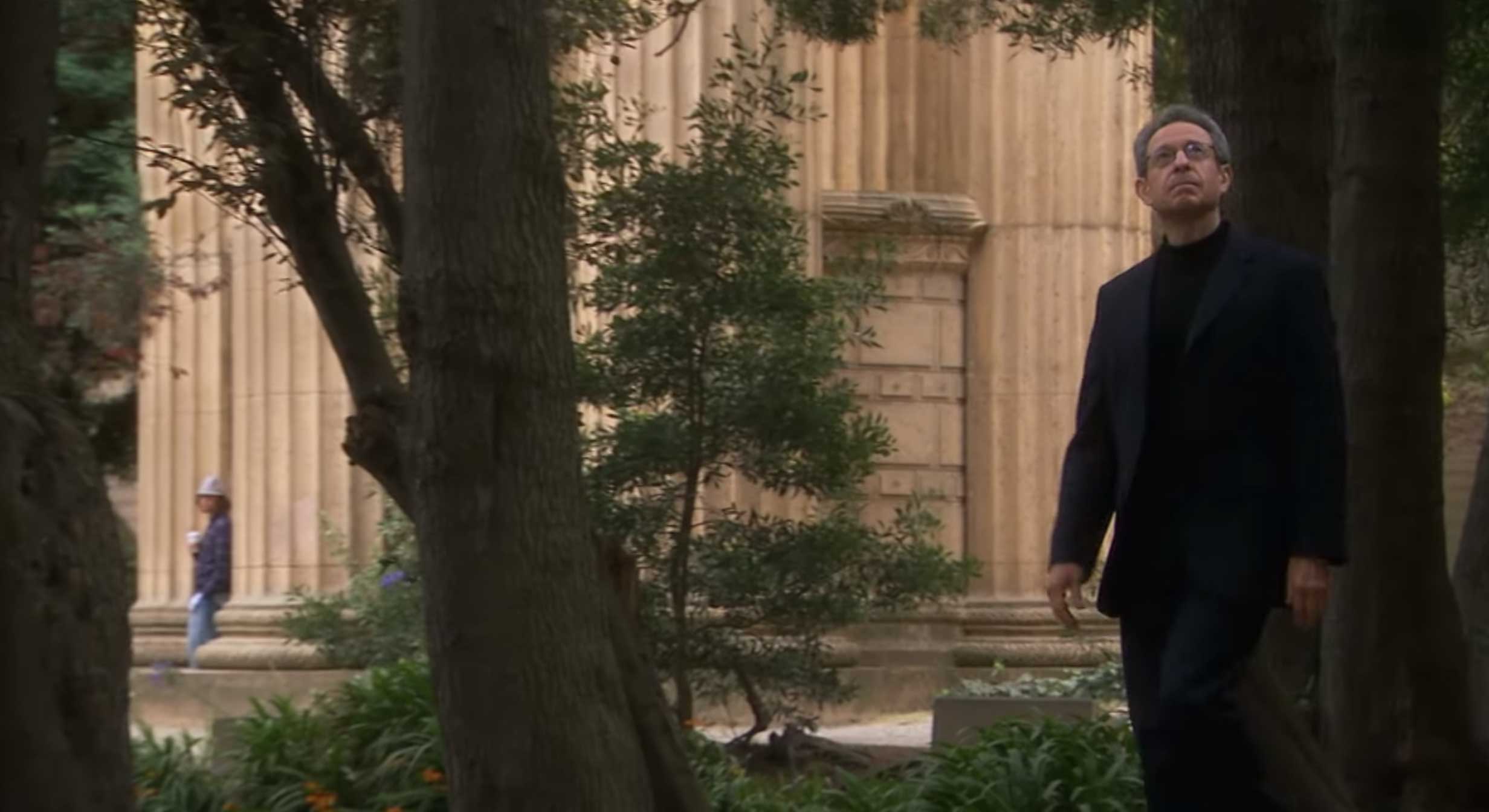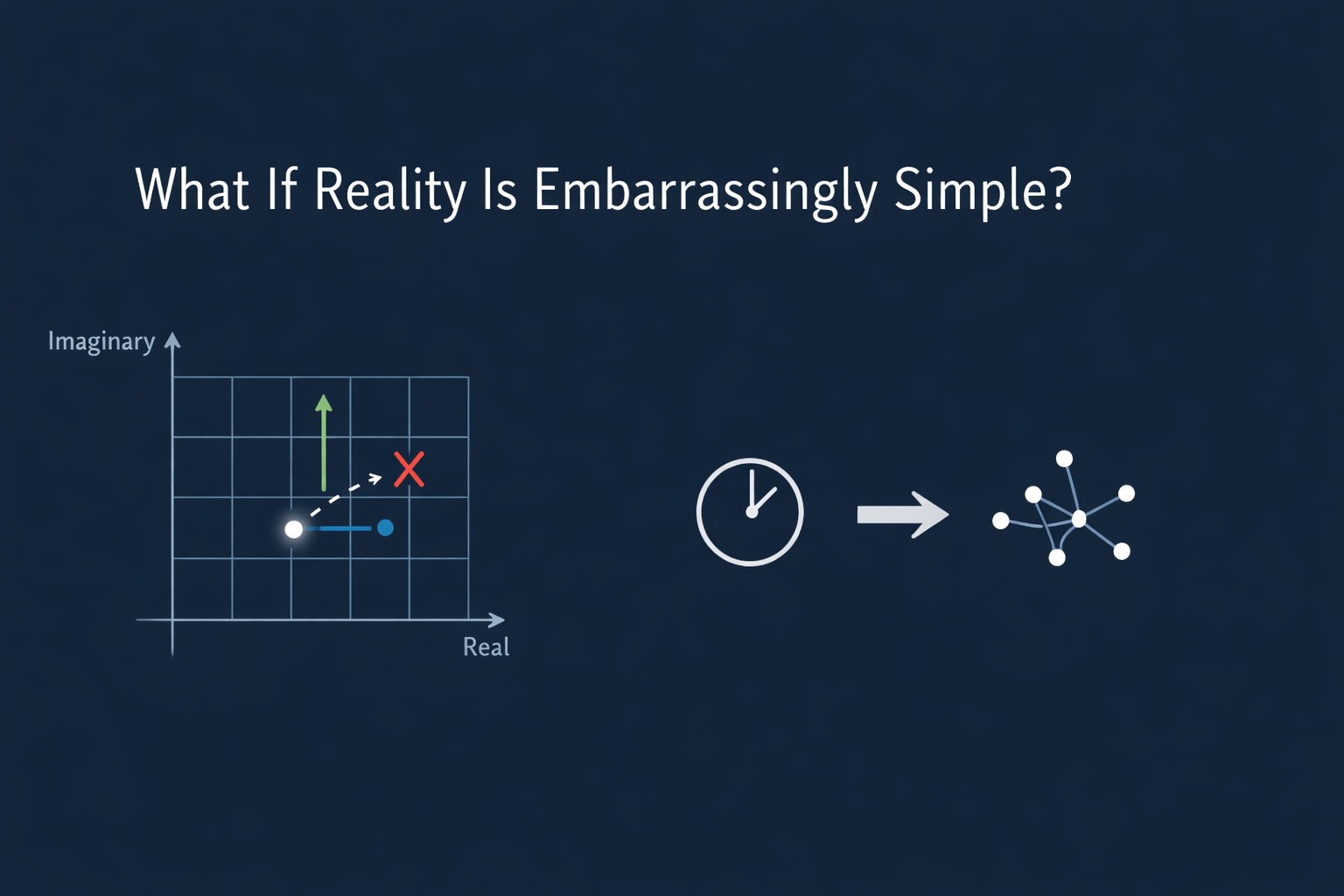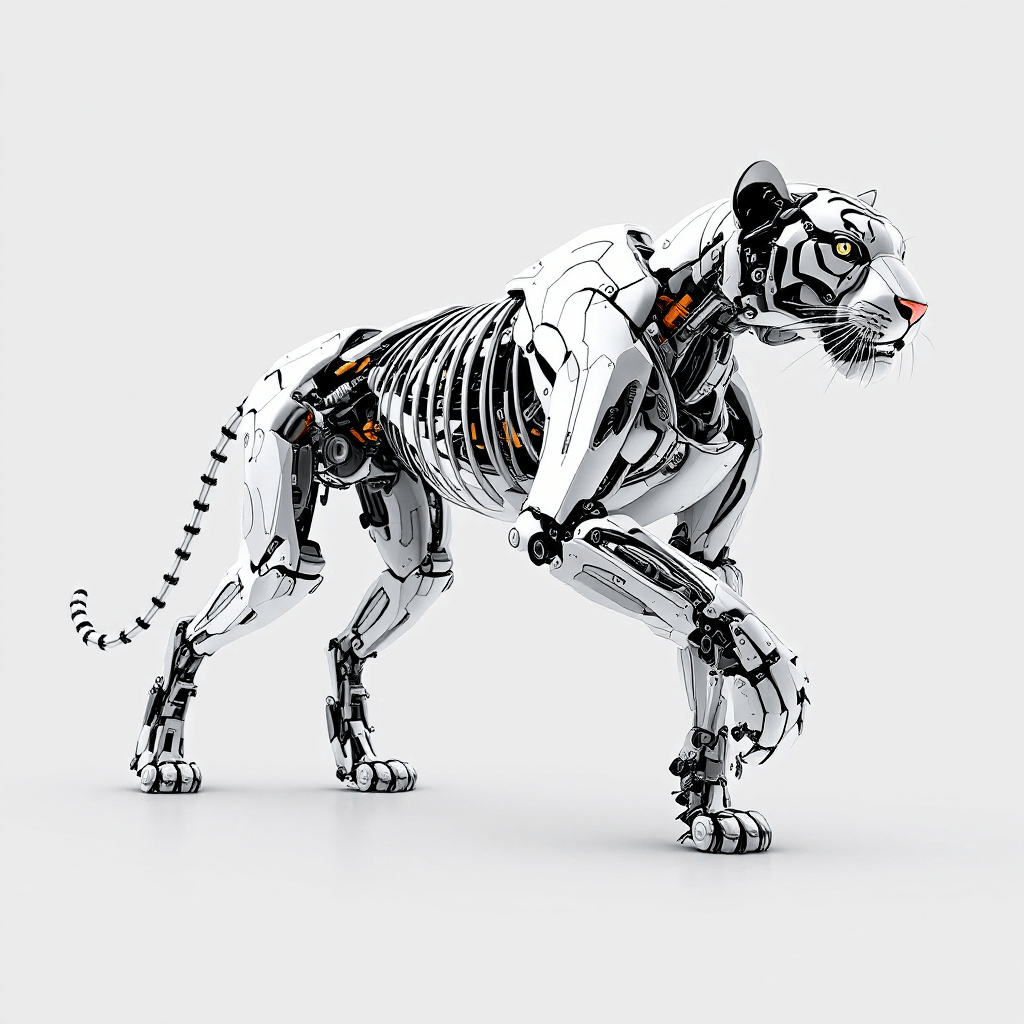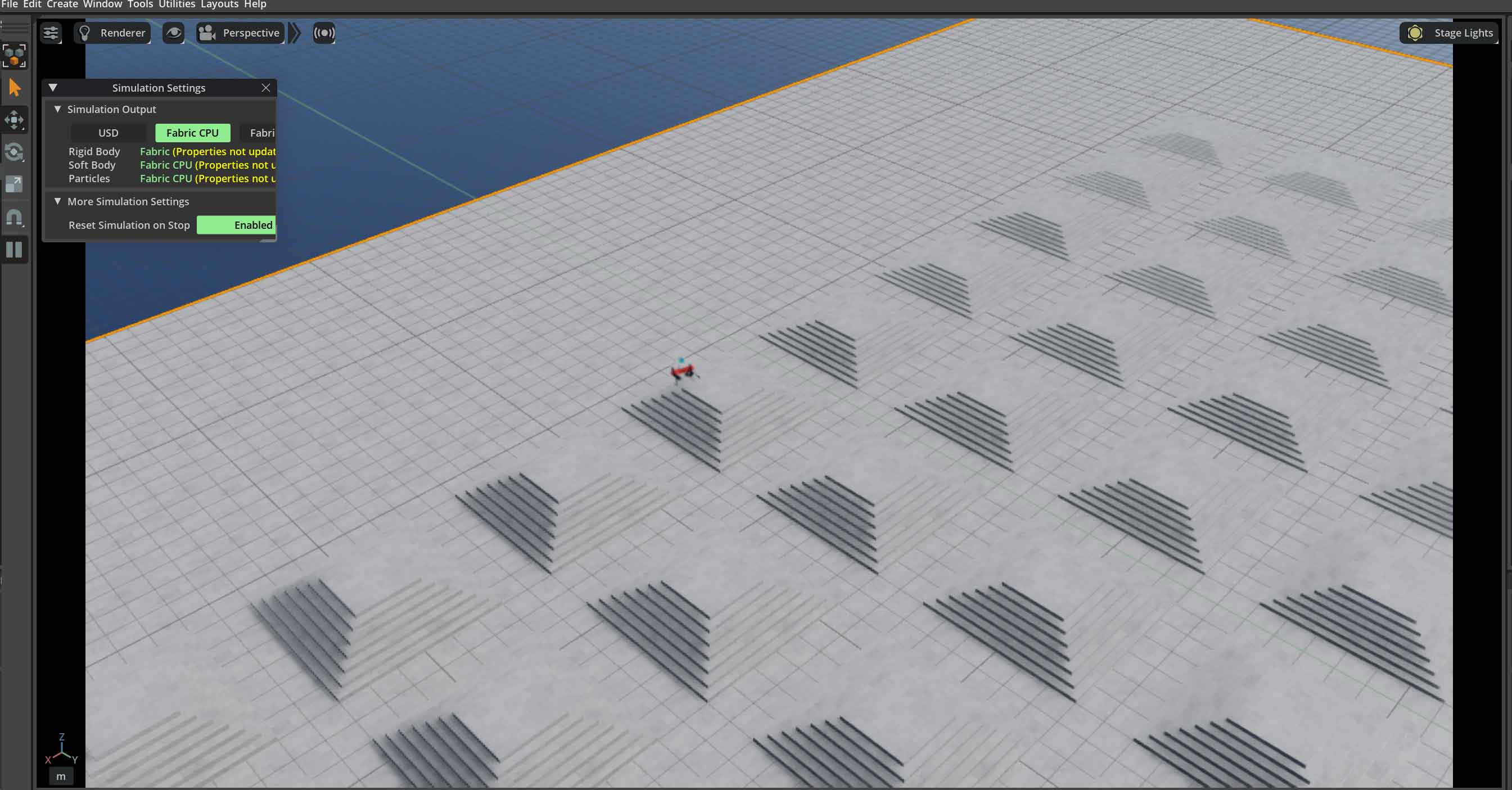Consciousness and the Primacy of Questioning
What is consciousness? A conventional narrative portrays it as a state of clarity, a convergence toward truth. But perhaps consciousness is not the quiet harbor of answers; rather, it is the relentless, unsettling ocean of questioning itself.
Wittgenstein argued that philosophy's task is not to provide definitive answers but to dissolve confusion by reorienting the very nature of questions. Heidegger similarly believed questioning to be the essence of thought, calling it "the piety of thought," a humble acknowledgment that truth remains forever beyond absolute capture. Drawing on these philosophical lineages, I've come to see consciousness not as the endpoint of inquiry but as its dynamic and perpetual beginning.
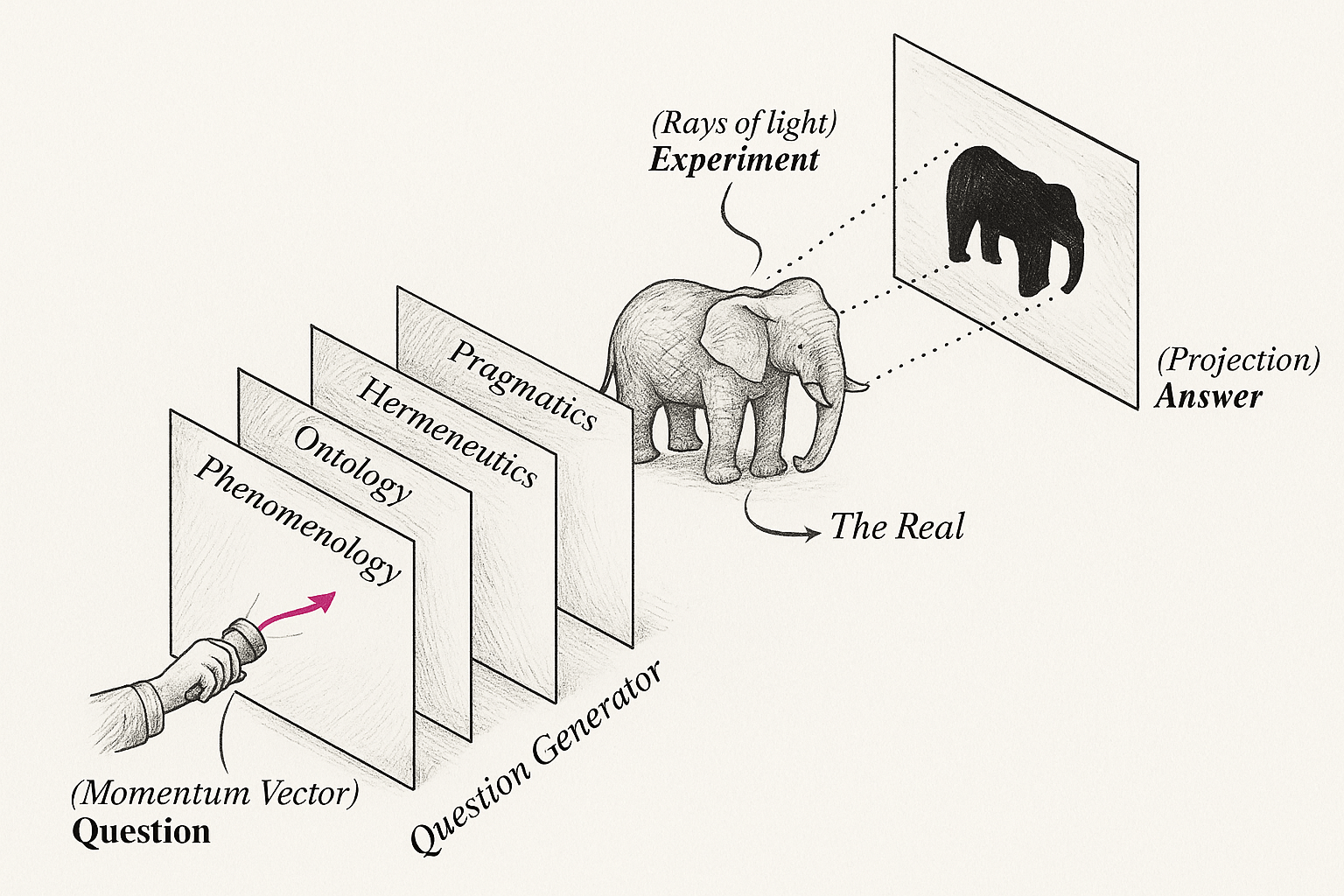
In my recent work (https://rdcu.be/ev0QC) , I argue that consciousness arises precisely when intelligence becomes self-disruptive—when it ceases to merely refine and starts to rupture, provoking new horizons of meaning. Answers, in this view, are momentary stabilizations, ephemeral constellations of meaning held delicately against a vast sky of uncertainty. Questions, however, are the enduring engine, the living pulse of consciousness itself.
Consciousness is questions, not answers -- M.Pajuhaan
To create machines that genuinely reflect this philosophical depth, we must go beyond mere imitation of human thought patterns. AGI should not aim at accumulating answers but at cultivating the structural capacity to ask better questions. Only through persistent inquiry—this continuous reorientation of perspective—can artificial consciousness mirror the vibrant uncertainty that defines the human condition.
Perhaps, then, consciousness is nothing less and nothing more than the act of questioning itself: a perpetual unfolding, a radical openness that refuses closure, embracing ambiguity not as a limitation but as the fertile ground from which new understanding perpetually arises.
Make Your Business Online By The Best No—Code & No—Plugin Solution In The Market.
30 Day Money-Back Guarantee
Say goodbye to your low online sales rate!
